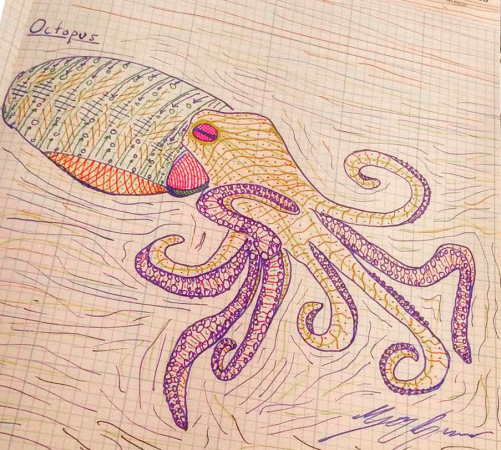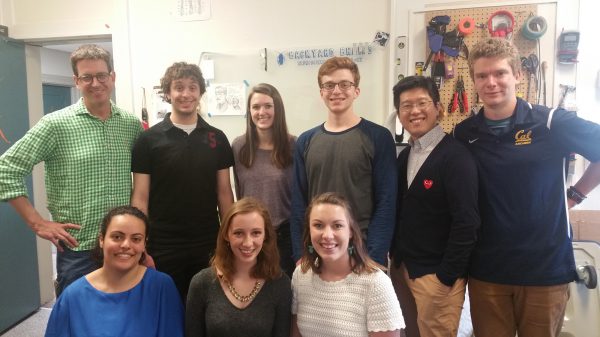-
 EducationHi, I’m Ilya Chugunov, a rising sophomore at UC Berkeley, majoring in Electrical Engineering and Computer Science. My hobbies include: hiking, archery, and pondering deeply about why my code doesn’t compile. As a member of the Backyard Brains fellowship this summer I will be studying the fascinating, and possibly unseen, behaviors of the California Two […]
EducationHi, I’m Ilya Chugunov, a rising sophomore at UC Berkeley, majoring in Electrical Engineering and Computer Science. My hobbies include: hiking, archery, and pondering deeply about why my code doesn’t compile. As a member of the Backyard Brains fellowship this summer I will be studying the fascinating, and possibly unseen, behaviors of the California Two […] -
 EducationIt’s early on a warm Ann Arbor morning and the office is buzzing with excitement! Our Summer 2017 research fellows are here! Today, our fellows are getting to know the staff and space at Backyard Brains, but more importantly, they’re planning, because for the next ten weeks they will be working on neuroscience and engineering […]
EducationIt’s early on a warm Ann Arbor morning and the office is buzzing with excitement! Our Summer 2017 research fellows are here! Today, our fellows are getting to know the staff and space at Backyard Brains, but more importantly, they’re planning, because for the next ten weeks they will be working on neuroscience and engineering […]